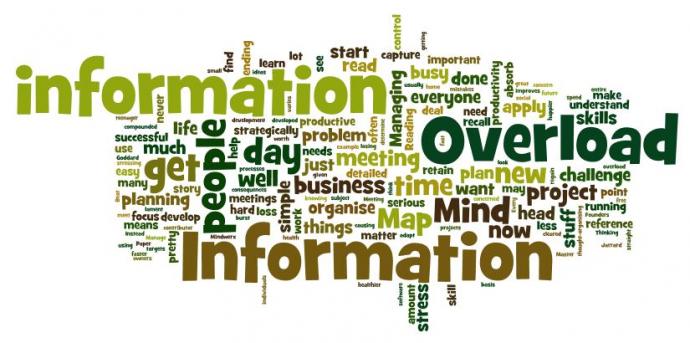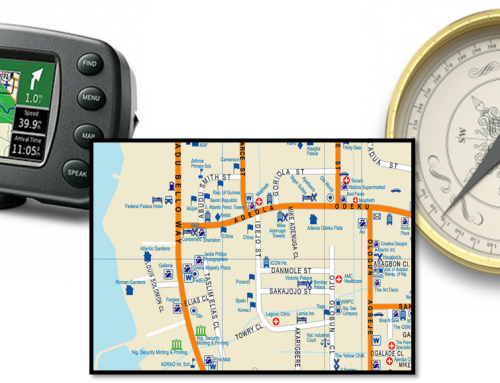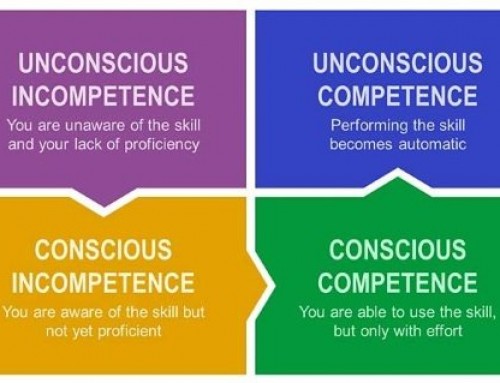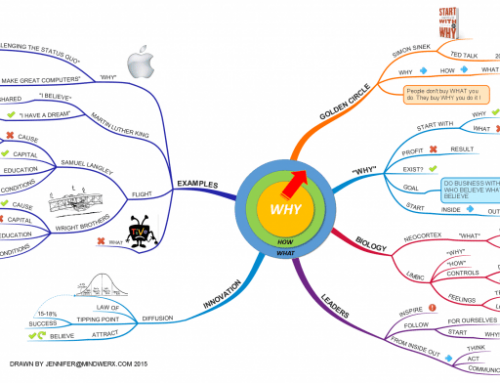 Information Overload: A never ending story of stress?
Information Overload: A never ending story of stress?
“I’m running a pretty successful business, but the amount of stuff I have to deal with means I work 15 hours a day.”
“I’m in the office early and busy all day until I head home late with a pile of stuff to read after the kids are in bed.”
“My teenager is stressing out with all the stuff she has to study, I’m pretty concerned for her. She needs a life!”
“My husband’s put on 30 Kgs in the last year and I hardly ever see him, he’s so busy at work. I’m really worried!”
“With all the technology and social media I’m hooked into it’s hard to find any time to just think and plan!”
“I’m losing business fast. I just don’t have time to get back to everyone and do new marketing as well.”
These are just some of the things we hear from people we meet. It doesn’t matter if it’s a group of accountants, property developers, small business owners, or a variety of people at the many conferences we speak at – the lament is the same. There is too much to do and too much information to deal with – it’s like a never ending story that’s causing people a lot of concern.
Information Overload, described as “an excess of information that results in an inability to concentrate on tasks and stay focused”, is a major contributor to the problem of not getting things done – the loss of productivity is enormous. While it’s easy to say everyone has the same amount of time each day, if you don’t understand the problem of Information Overload, and have the skills to effectively Manage Information Overload, the consequences are serious.
Every day, people are confronted by vast amounts of new information flowing from a multitude of sources. Almost everyone feels overwhelmed at some point when trying to absorb, understand and apply this new information. The impact on individuals varies from simple time wasting to serious health problems, while for organisations the effect is compounded into a massive loss of productivity – highlighted by absenteeism, missed targets, staff attrition and potentially the failure of the entire business.
This Information Overload challenge has been building for several years now, but many people are now at breaking point. The goal is simple, it’s to maximise your capacity to absorb new information and sustain high performance! This means having the skills to focus your information gathering efforts, so you can then capture, organise, adapt, retain, recall and apply the information you manage so you can achieve your goals faster and with less stress.
Having well developed Managing Information Overload skills, such as Speed Reading, Mind Mapping, Improved Memory systems, Meeting Management processes, and more, allows you to apply Critical and Creative Thinking to get things done. This is where we encourage people to start, so here are three quick tips to help you get more done in less time:
- Read strategically – that is determine what you want to learn, what to read to get the information, and how you’ll read it. For example, to get a good overview of a new book on collaborative leadership you may only need to do a 20 minute Power Browse to get what you want – given you’re already well versed on the subject. Reading strategically improves reading speed, comprehension and recall.
- Mind Map your projects before doing the detailed planning – often project planning is stifled as you try to develop a plan in structured way from the start, and using project planning software can help, but it usually doesn’t bring out the specific nuances of a project. Instead do a Mind Map burst of everything in your head that’s relevant to the project, then use the Mind Map as a reference as you develop the detailed plan. You’ll find that the information overload problem you have when jumping straight into the detail eases now that you’ve cleared your head.
- Make meetings matter – a lot of information you’ll get each day comes in meetings and too often meeting objectives are unclear, the process is unstructured, and the focus may be even irrelevant to your needs. The challenge is knowing what is important, and having the skill to capture, organise and then retain information you need.You won’t be able to control every meeting, but you can create your own Mind Map of issues, ideas and actions as the meeting unfolds. The Mind Map is a great thought-organising technique that provides a visual reference you use later to draw out important information you want. And if you’re running a meeting, be sure you organise it well – don’t make the same mistakes you see others make.
Of course there is more you can do to regain direction and control of your busy life by Managing Information Overload, and we’ll look at some of these in future Brain Bites.
For now you can start with our free_eCourse on Managing Information Overload. It is worth investing a few minutes each day to skill development, when you realize it’s not that hard to be significantly more productive. Remember…
You Can’t Beat Information Overload
You Can’t Master Information Overload
You Can’t Eliminate Information Overload
What you CAN do is learn simple and easy techniques
that productive people know, say and do
to MANAGE Information on an ongoing basis to
reduce stress, increase effectiveness and live
a happier, healthier and more successful life!







Leave A Comment
You must be logged in to post a comment.